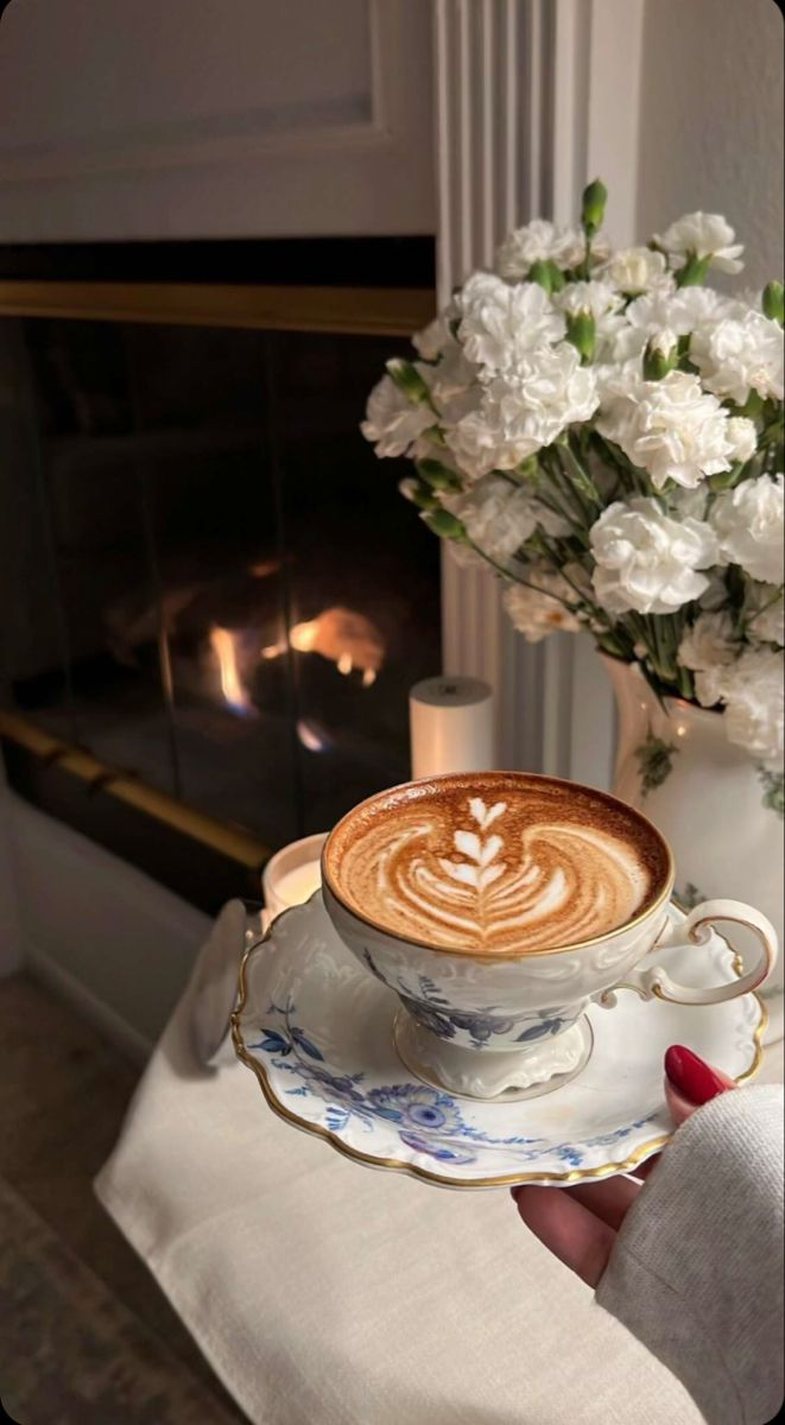
In an era where we are constantly on the go and fatigue has become a daily occurrence, a new trend that seems to be helping us is gaining ground: napuccino. This hybrid term, which comes from the English words nap (a nap) and cappuccino, describes the practice of drinking a cup of coffee immediately before a short nap. Although it seems counterintuitive at first glance, since coffee is a stimulant that can make you sleepy, a growing number of studies show that this method may be one of the most effective ways to increase energy, concentration, and mental performance.
The secret lies in the right timing: caffeine needs about 20 minutes to be absorbed and affect the brain. This creates a "time gap" during which a 10-20 minute nap reduces the pressure of fatigue caused by the substance adenosine. It is precisely when a person wakes up that caffeine begins to block the receptors of this substance, providing greater energy than coffee or sleep alone. This combination is reinforced by modern trends for the flexibility of working from home.

Science, impact and how to do it right
Science backs up this practice. One of the most cited studies from Loughborough University in the UK showed that drivers who drank a cup of coffee and then took a 15-minute nap performed significantly better than those who simply drank coffee, slept, or did neither. Other studies (like this one published in Psychophysiology) also show that a nap after taking 200 mg of caffeine significantly improves mental responsiveness. NASA has even claimed that a 26-minute nap can increase alertness by 54% and performance by 34%.
For an effective nap: drink a strong coffee (100-200 mg of caffeine), avoid sugary drinks, and lie down in a quiet place for about 15-20 minutes. Set an alarm and wake up, so that the caffeine effect is amplified. However, it is not a practice for everyone – people sensitive to caffeine or those suffering from insomnia, anxiety or heart disease should take it with caution. And yet, in an era where science-based practices for well-being and productivity are increasingly valued, naps are expected to go from a trend to a daily habit.
Suggested articles:





